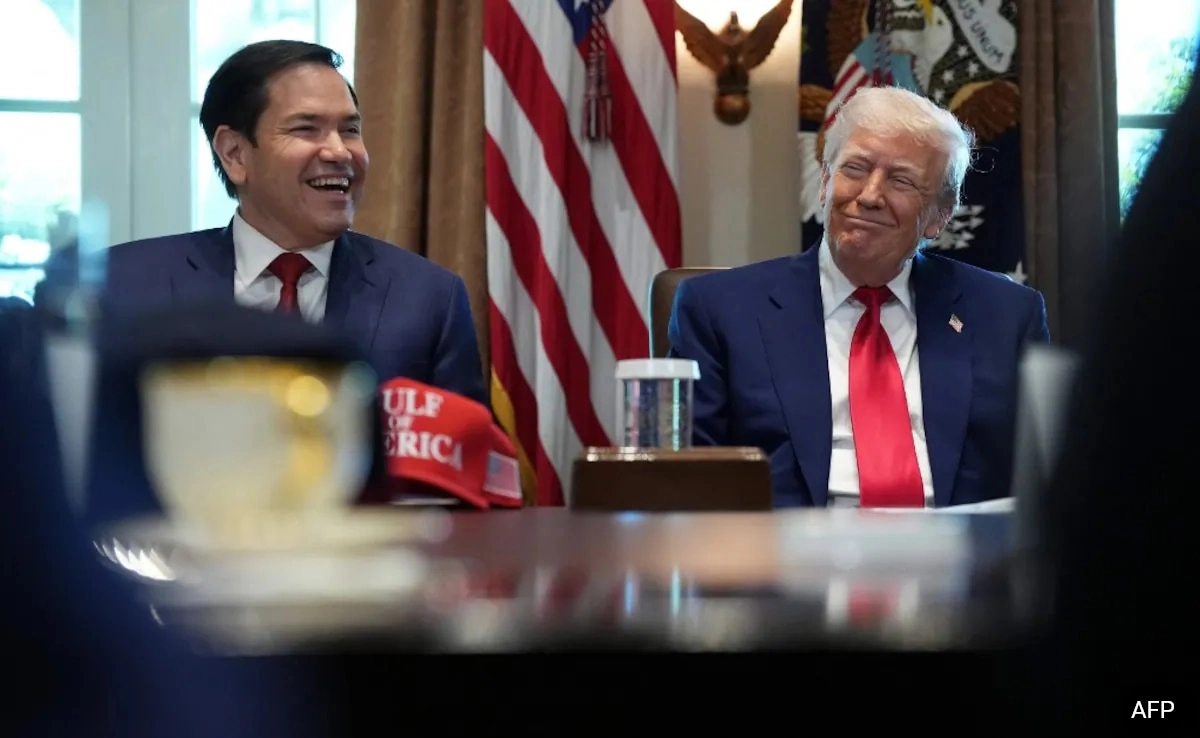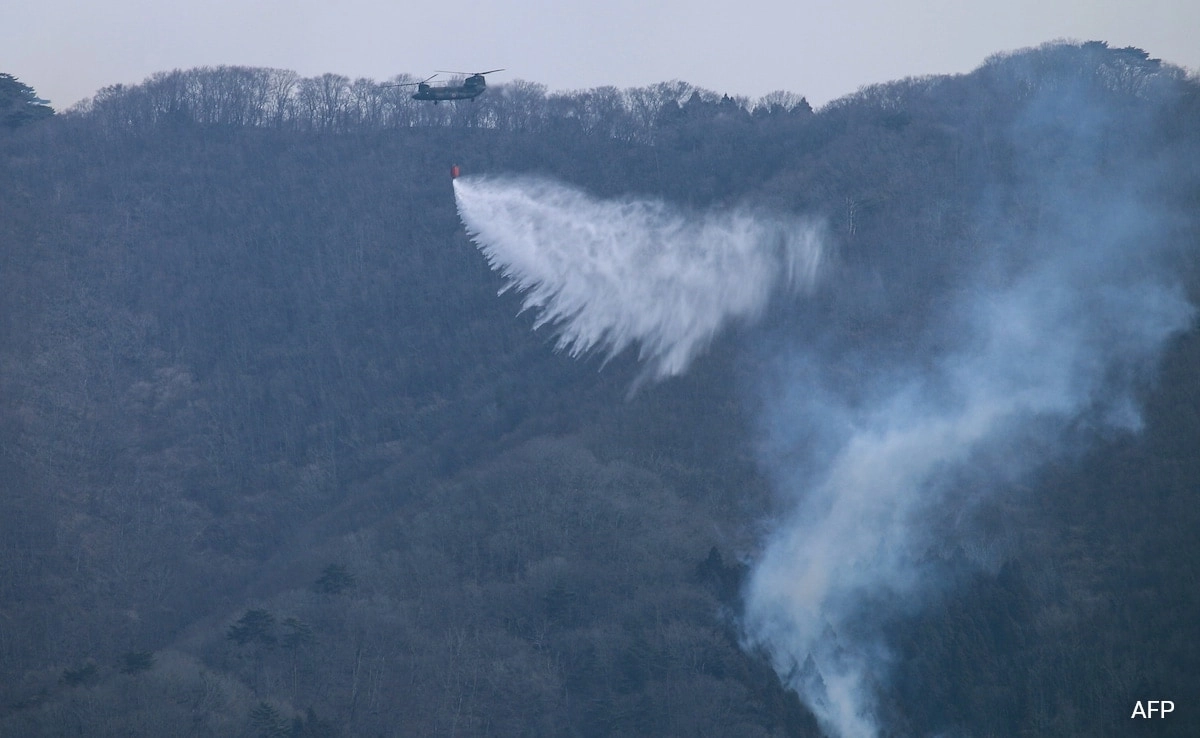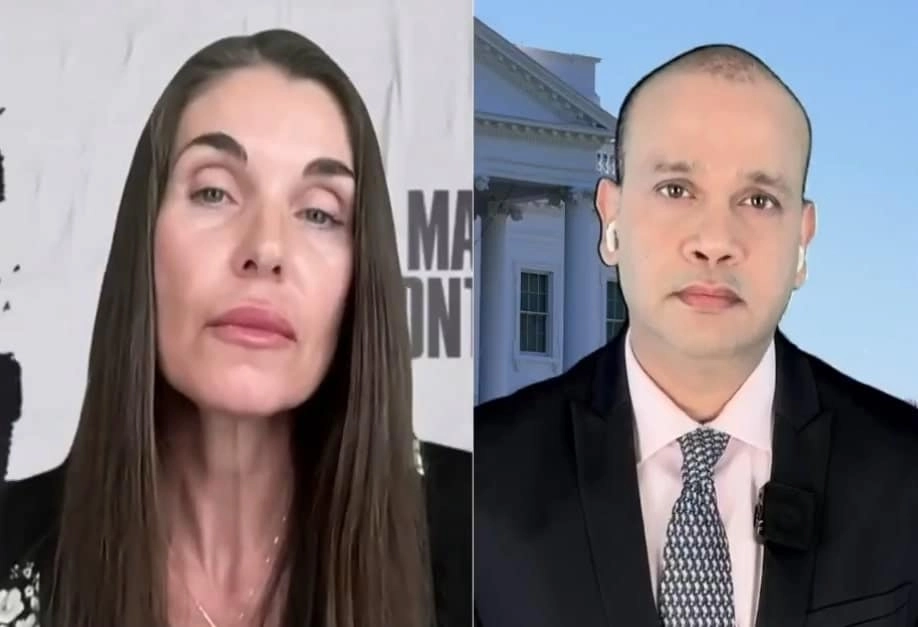In a recent statement, U.S. Senator Marco Rubio emphasized the importance of monitoring the geopolitical dynamics between India and Pakistan. He highlighted that the U.S. government is vigilant and observant of these two nations on a daily basis due to their significant roles in regional stability and global security. The ongoing tensions between India and Pakistan, primarily stemming from historical conflicts and territorial disputes, remain a critical concern for the United States, which seeks to maintain a balance of power in South Asia. Rubio’s comments underscore the strategic interest the U.S. holds in fostering peace and cooperation in a region that has seen its share of conflicts and military posturing.
Rubio’s remarks come at a time when both India and Pakistan continue to grapple with internal and external challenges. The relationship between the two countries is often characterized by deep-rooted animosities, particularly over the Kashmir region, which has been a flashpoint for military confrontations in the past. The U.S. has a vested interest in ensuring that these tensions do not escalate into larger conflicts, which could have dire consequences not only for the countries involved but also for global security. By keeping a close watch on developments in this area, U.S. officials aim to facilitate dialogue and encourage diplomatic solutions to longstanding issues.
Moreover, Rubio’s statement reflects the broader U.S. foreign policy strategy, which seeks to engage with both India and Pakistan while promoting stability in the region. The U.S. recognizes India’s growing influence as a democratic power and strategic partner, particularly in the Indo-Pacific region, while also acknowledging Pakistan’s role in counterterrorism efforts and its complex relationship with Afghanistan. The balance of these interests is delicate, and the U.S. must navigate them carefully to foster an environment conducive to peace. By maintaining constant surveillance and engagement, the U.S. hopes to mitigate risks and support initiatives that lead to a more stable and prosperous South Asia.
In conclusion, Marco Rubio’s assertion that the U.S. keeps a daily watch on India and Pakistan highlights the critical nature of these relationships in current international affairs. As both nations continue to face their respective challenges, the U.S. remains committed to playing a constructive role in promoting dialogue and reducing tensions. The stakes are high, and the potential for conflict remains a pressing concern. Thus, the U.S. will likely continue its efforts to monitor the situation closely, advocate for peace, and encourage both nations to work toward a more collaborative future.




